Due to the emergence of Portuguese frigates (Physalia physalis) bathers from the beaches of the District of Riohacha have been alarmed by the apparent risk causing their presence.
This species has a physical appearance of jellyfish but not really a question, but a colonial animals floating, ie a colony of microorganisms associated to survive and is commonly known as false or jellyfish Caravel Portuguese.
Corpoguajira immediately took appropriate action to clarify to the public the fact occurred, therefore Riohacha beaches where the presence was recognized two individuals of the species in question were traveled.
According to what he observed on beaches it is recommended to the wider community:
- Avoid contact with observing a specimen or remains of this.
- Do not swim in the sea while this alert.
- If unable to see at sea need to get away quickly as the tentacles may be present in the surrounding vicinity over 10 meters.
- You need to be very careful if you are a dead specimen on the coast because its venom continues still active when they are inert.
- Call Corpoguajira green lines and report the sighting of the species in beach or sea. (3106581142 /3185858383 /3016008352)
In case of contact with the species do not rub on the affected area, remove the tentacles without touching them directly, wash with seawater or serum and go to the nearest health center.
The environmental authority stresses that it is a species that lives in our seas, which does not identify humans as prey, only that the generated physical contact reacts as a defense mechanism.
Corpoguajira works closely with District Mayor DIMAR and to create an early warning should introduce the species in significant quantities, Since it will be necessary to take massive preventive measures and transitional measures to protect the population, such as the temporary closure of beaches, prohibition on bathing and recreational activities in the same.

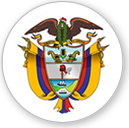

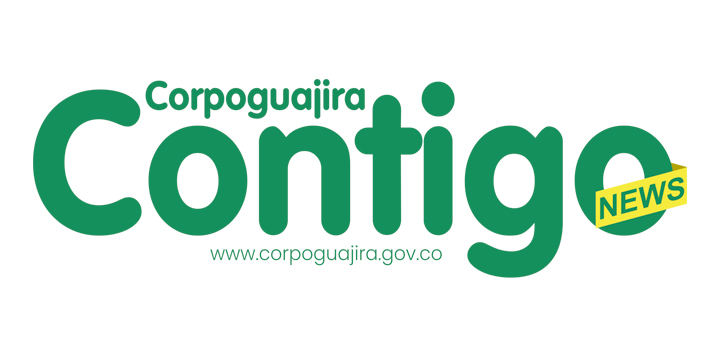



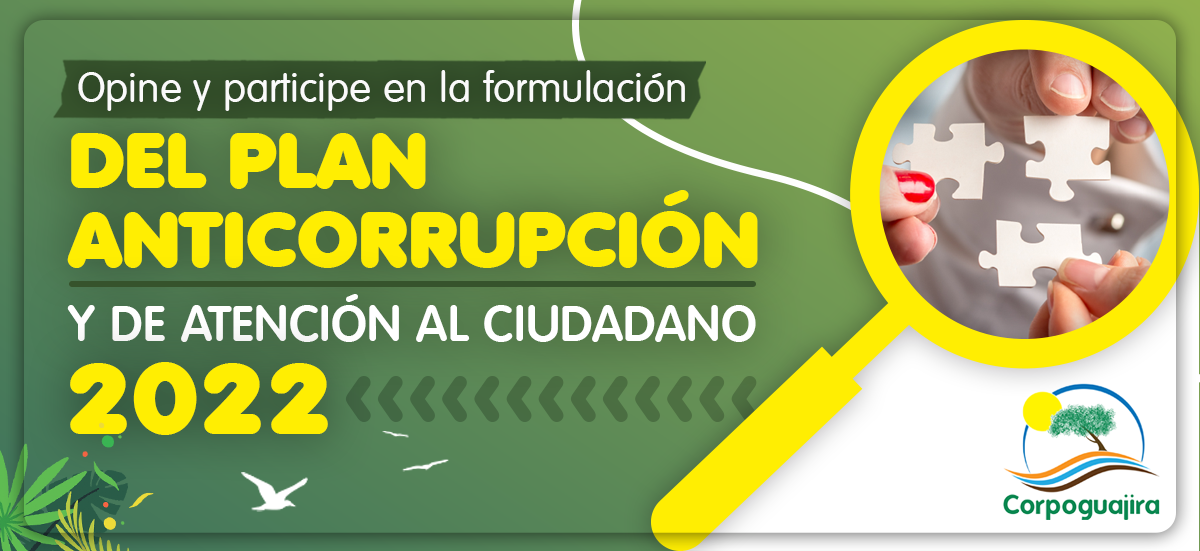
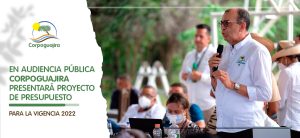







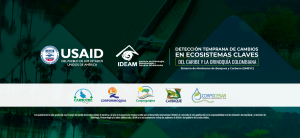










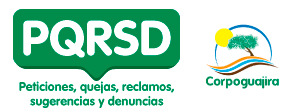
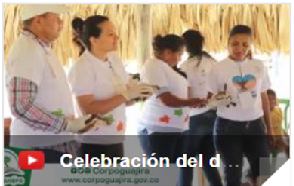


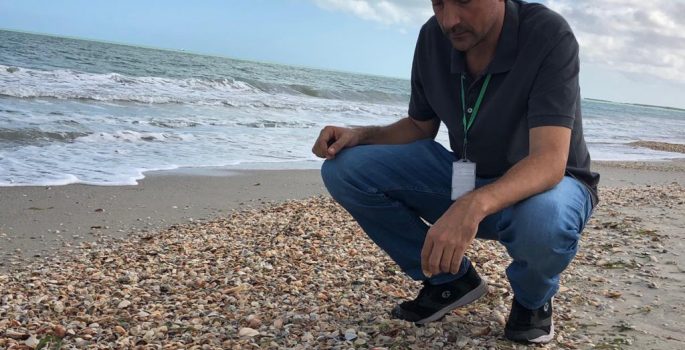
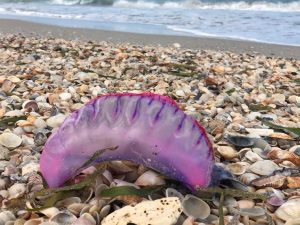
Leave a reply
I am sorry, you should be connected to post a comment.